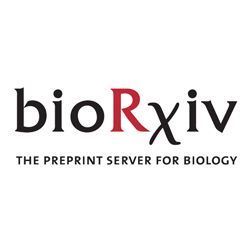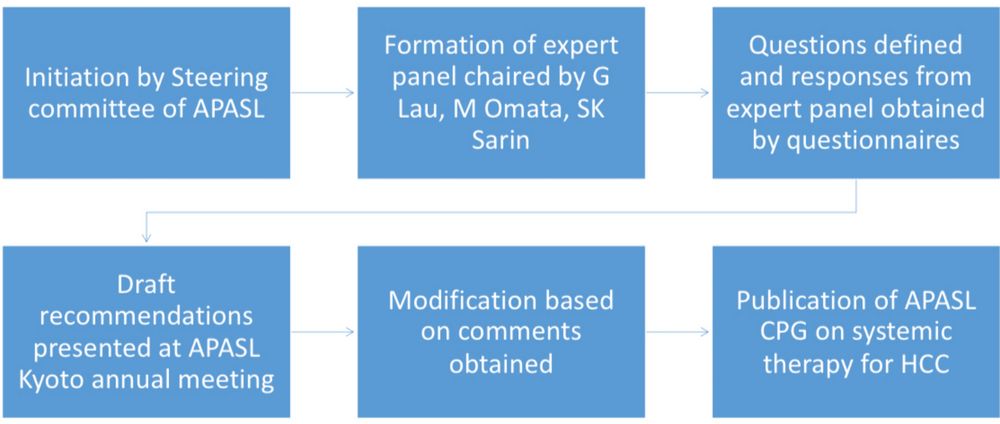Great preprint outlining how endocrine-exocrine signaling is a driver of PDAC development & suggesting endocrine pancreas targets to subvert exocrine tumorigenesis.
www.biorxiv.org/content/10.1...

Great preprint outlining how endocrine-exocrine signaling is a driver of PDAC development & suggesting endocrine pancreas targets to subvert exocrine tumorigenesis.
www.biorxiv.org/content/10.1...
by Lau G, Obi S (...) Omata M et 55 al. in Hepatol Int #Surgery #SurgSky #generalsurgery #MedSky
🪡 read our summary here
📖 read the article:


65 of 150. Room for 85 more on this 1st starter pack.
Who did I miss?
go.bsky.app/FDafAW
65 of 150. Room for 85 more on this 1st starter pack.
Who did I miss?
go.bsky.app/FDafAW


